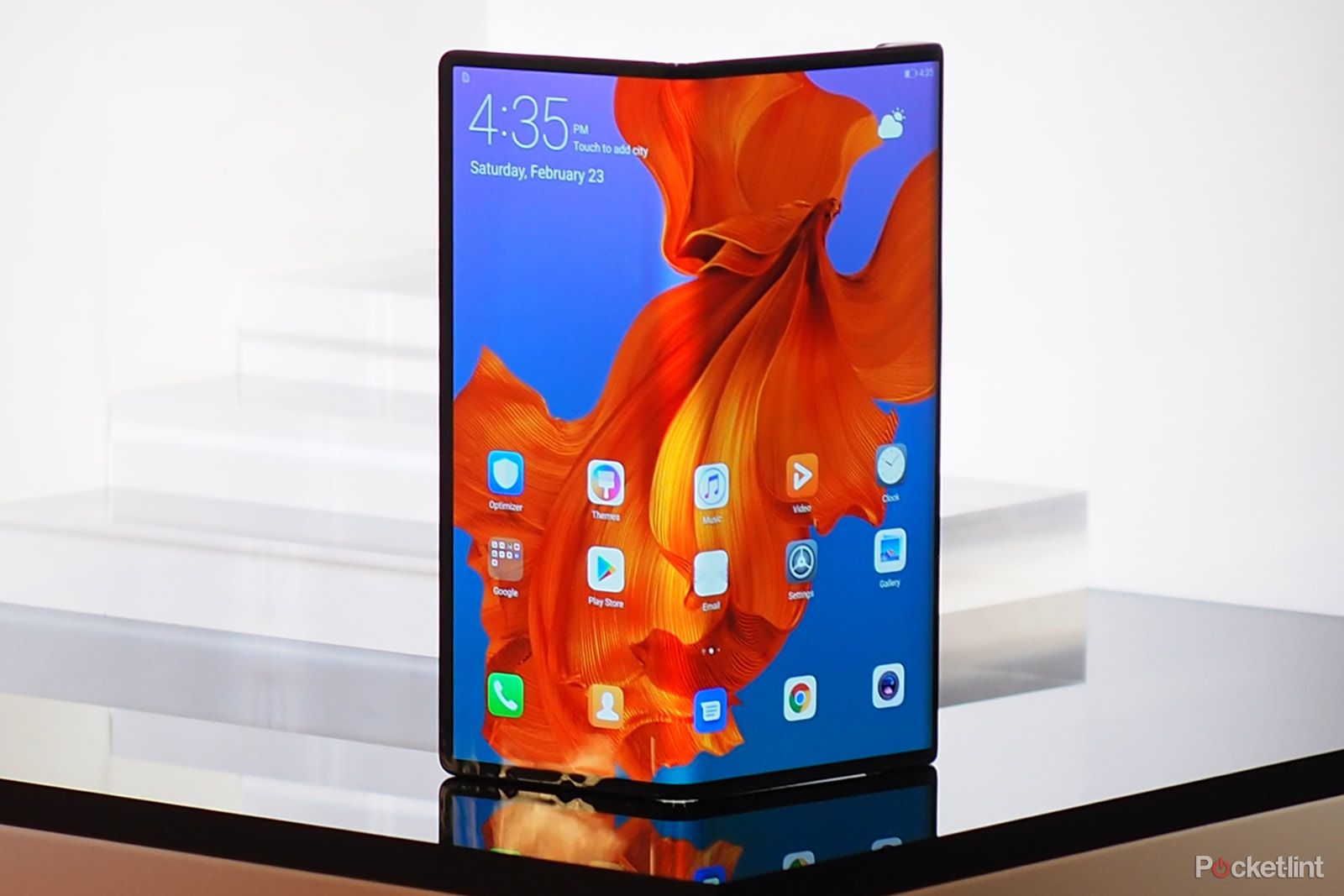In an interview with German publication, Welt, Huawei's chief Richard Yu has stated that his company is ready to ditch Android for its own operating system, if it's forced to by stricter US sanctions.
Currently, Huawei isn't allowed to sell its smartphones in the US, due to a controversial sanction against the company.
If this sanction were to get stricter and not allow Huawei to work with US companies, this would potentially put the Chinese giant in very awkward spot.
It would mean no more co-operation with Google, Qualcomm or Microsoft, which it currently partners with on smartphones and laptops.
However, Yu says Huawei is prepared for such an eventuality, but still prefers to partner with them.
Translated from German: "We have prepared our own operating system. Should it ever happen that we can no longer use these systems, we would be prepared. That's our plan B. But of course we prefer to work with the ecosystems of Google and Microsoft."
It's not just in the US that Huawei has faced opposition either. In the UK, BT has chosen to remove some core Huawei hardware from its mobile networks.
These sanctions and general distrust towards Huawei stem from fear of Chinese government control, as well as allegations of Huawei engineers spying within other US companies and stealing technology.
As well as discussing its backup plans, just in case things go even further south with the States, Yu also discussed the future of the smartphone market. The company is betting big on foldables.
Richard Yu believes the Mate X foldable phone will "significantly impact the smartphone market" over the coming years.
At its current price, it's clearly not going to be wildly adopted in the short term, but as technology develops and becomes easier to mass produce, these prices will come down.
Huawei's president states that within a couple of years, foldable phones could cost as little as €1,000, and a few more years after that we might even see them drop to around €500.
Of course, all of that hinges (pun not intended) on how the market and consumers respond to foldable phones. If people don't adopt them, buy them, or see them as anything other than a gimmick, it'll be a category that doesn't last long at all.
Time will tell whether Huawei will have to resort to its plan B, or if its bet on folding displays pays off. In the mean time, we have the launch of the P30 family to look forward to. And that's going to be with us in the very short term.

